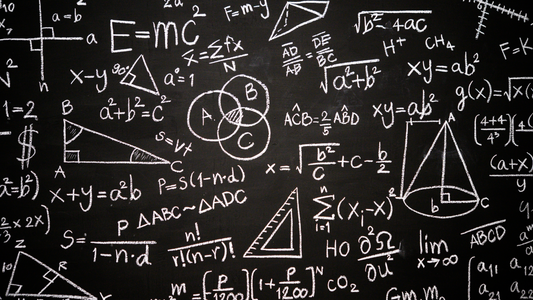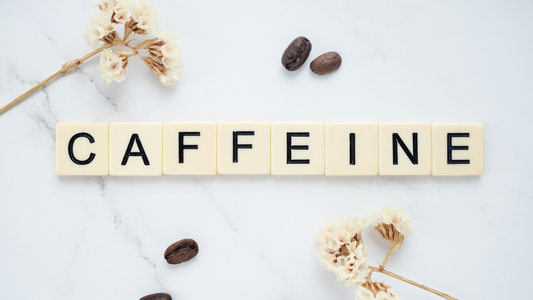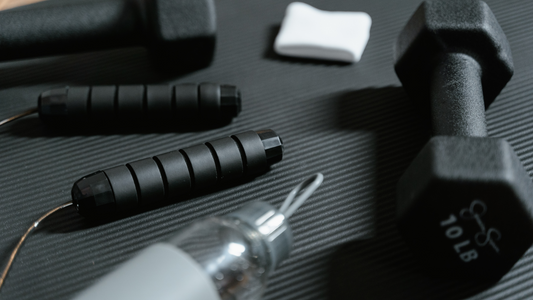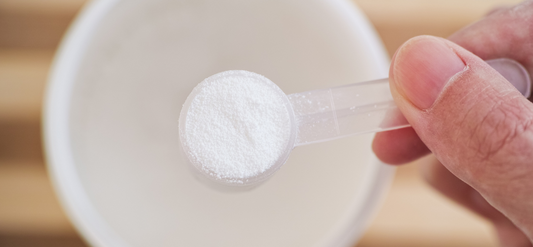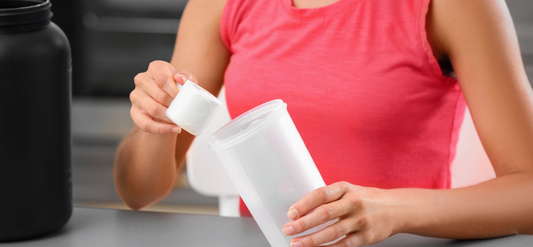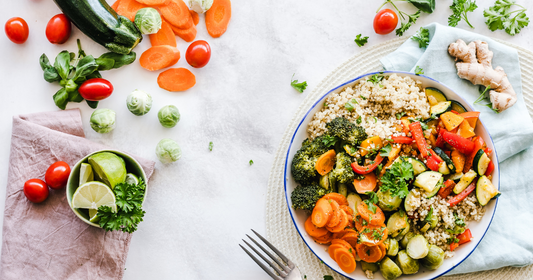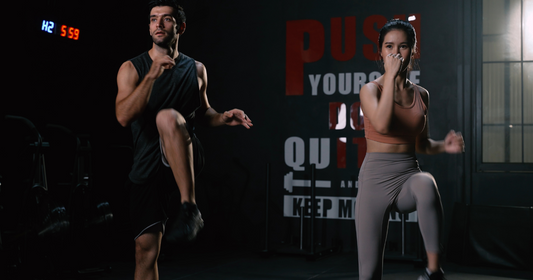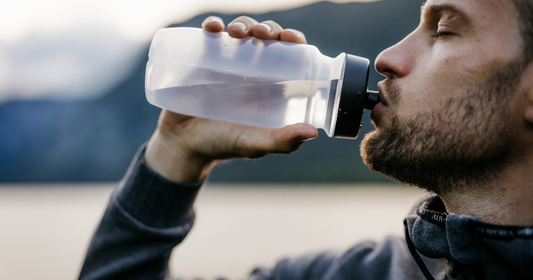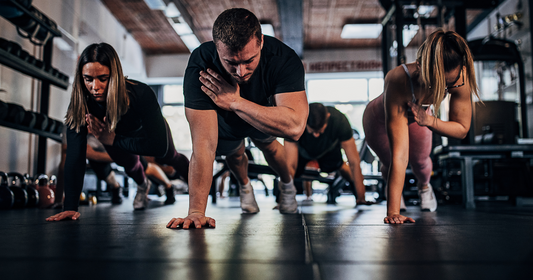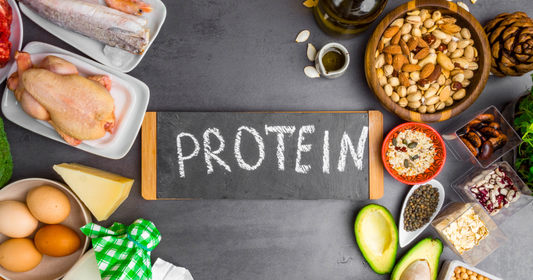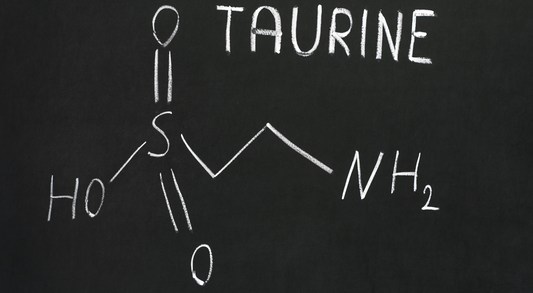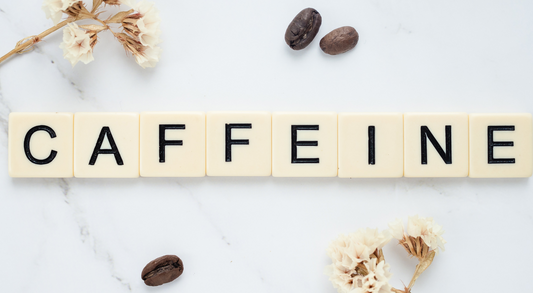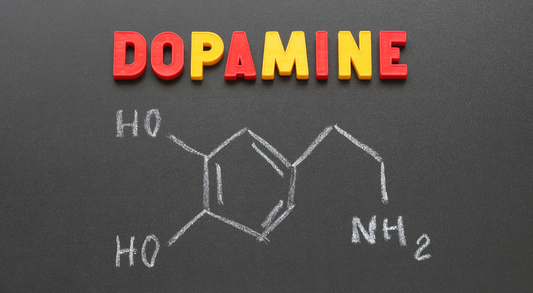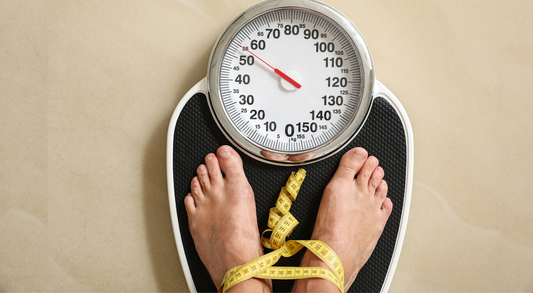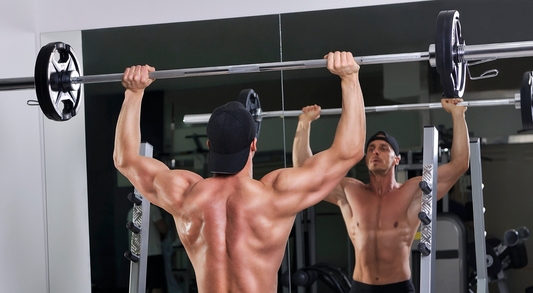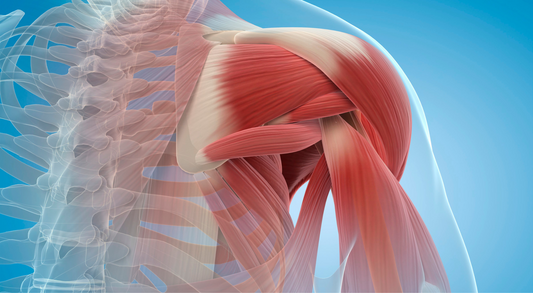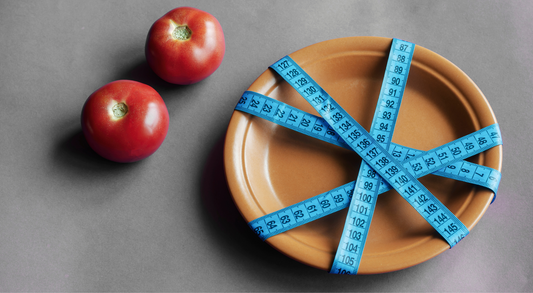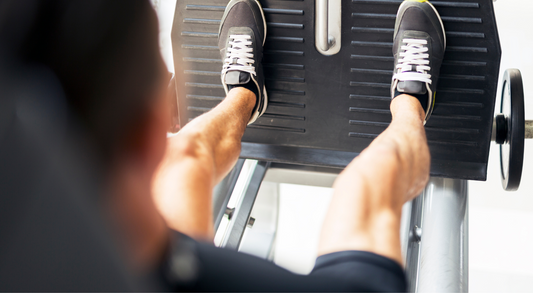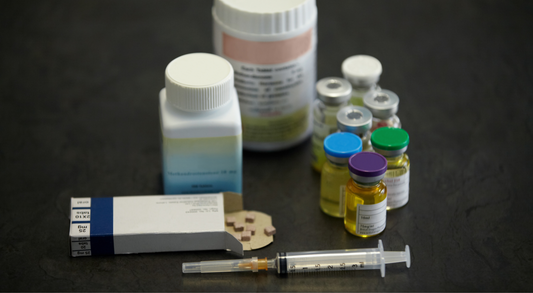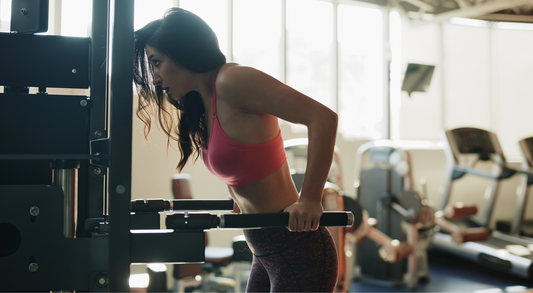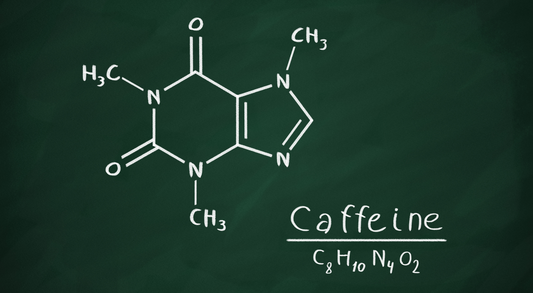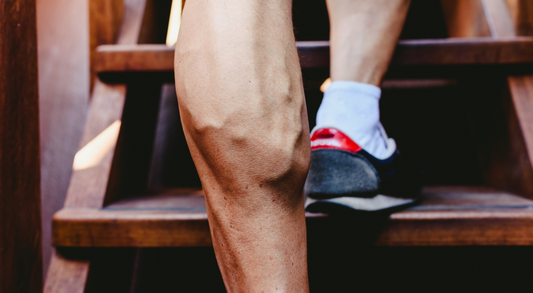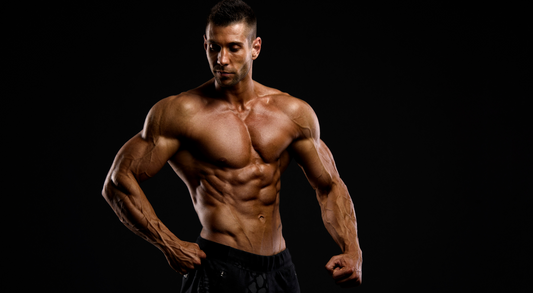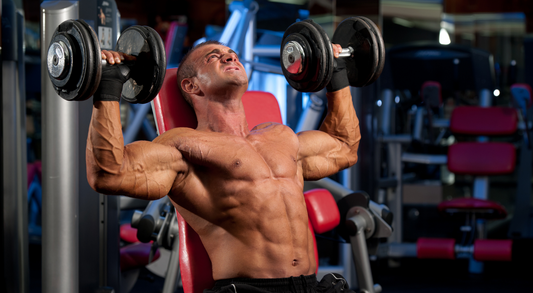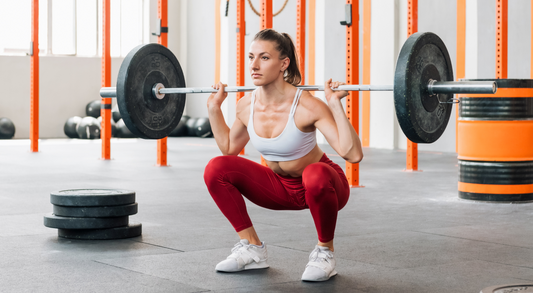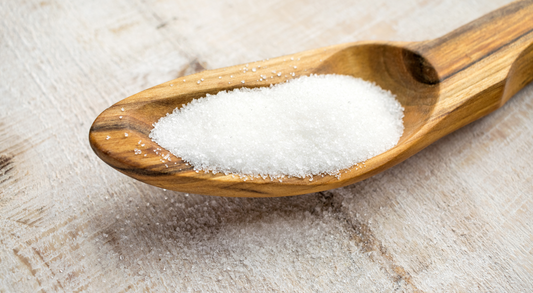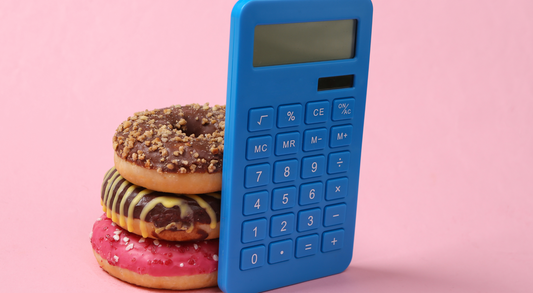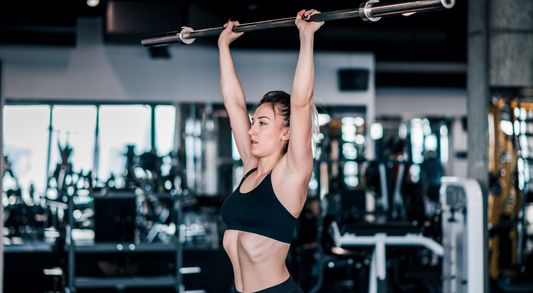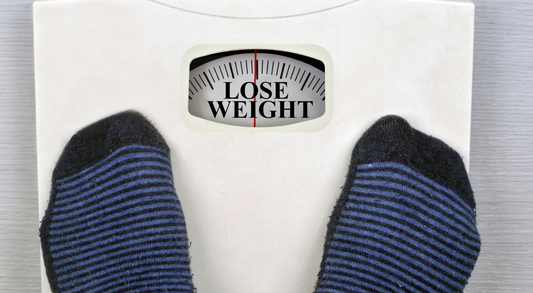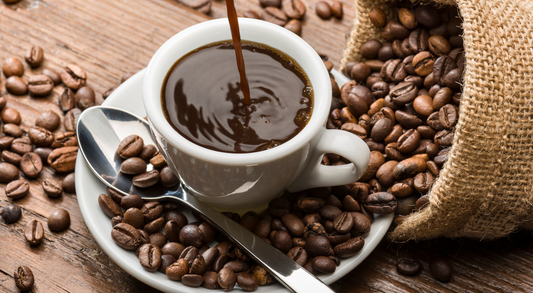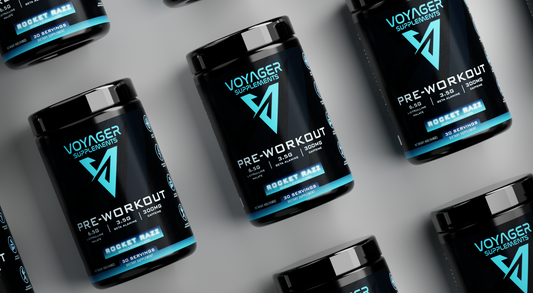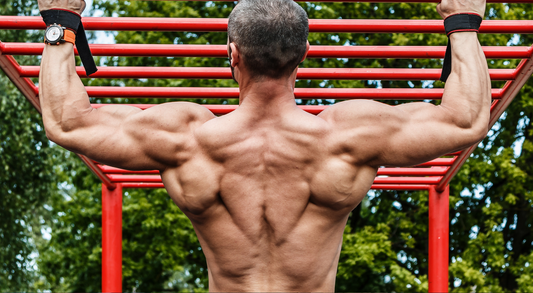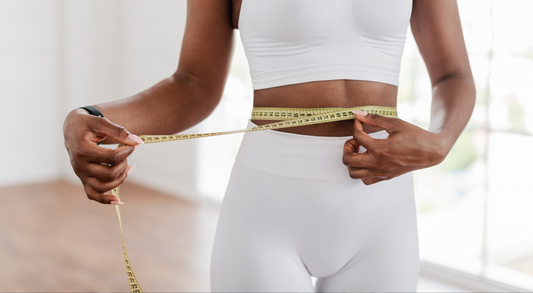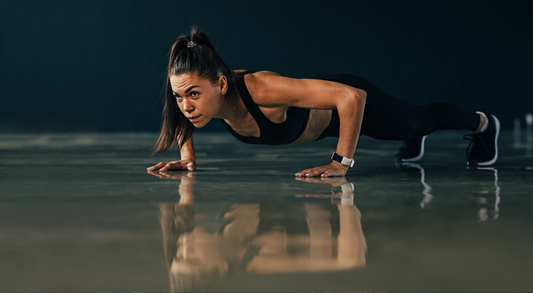Introduction
The age-old question, should you eat before working out in the morning? It's a topic of debate among fitness enthusiasts, trainers, and nutritionists. Some swear by the benefits of fasted exercise, while others argue that a small pre-workout meal is essential for optimal performance. In this blog post, we will explore the pros and cons of eating before your morning workout and help you decide what's best for you.
The Case for Fasted Morning Workouts
Fasted exercise refers to working out on an empty stomach, typically after an overnight fast. Proponents of fasted workouts argue that exercising without consuming any calories beforehand has several benefits:
- Enhanced Fat Burning: When you exercise in a fasted state, your body is more likely to use stored fat for energy, as glycogen stores are depleted. This can potentially lead to greater fat loss over time.
- Improved Insulin Sensitivity: Fasting may help increase insulin sensitivity, which can have positive effects on your overall metabolic health and make it easier for your body to utilize carbohydrates for energy.
- Mental Clarity: Some people report increased focus and mental clarity during fasted workouts, which may be due to the release of brain-derived neurotrophic factor (BDNF) and other neurochemicals.
- Time-Efficient: Skipping a pre-workout meal means you can hit the gym sooner, making your morning routine more efficient.
The Case for Eating Before Morning Workouts
On the other hand, there are valid reasons for consuming a small meal or snack before your morning workout:
- Increased Energy: Eating a small, balanced meal before your workout can provide you with the necessary energy to perform at your best. This is particularly important for high-intensity workouts or endurance training.
- Better Muscle Preservation: Consuming protein before a workout may help prevent muscle breakdown and promote muscle synthesis, especially if you are engaging in resistance training or intense cardio.
- Enhanced Performance: A pre-workout meal can help stabilize blood sugar levels, ensuring that you have adequate energy for your workout and potentially improving overall performance.
- Reduced Risk of Dizziness or Fainting: Exercising on an empty stomach can sometimes lead to dizziness, lightheadedness, or even fainting. Having a small meal or snack beforehand can help prevent these issues.
Finding the Right Balance
Ultimately, the decision to eat before your morning workout comes down to personal preference and individual needs. Here are a few tips to help you decide what works best for you:
- Experiment: Try working out both in a fasted state and after consuming a small meal. Monitor how you feel during and after each workout to determine which approach works best for you.
- Listen to Your Body: Pay attention to how your body responds to different pre-workout nutrition strategies. If you find that you perform better with a small meal or snack, then it's likely the better choice for you.
- Keep it Light: If you decide to eat before your workout, opt for a small, easily digestible meal or snack. Focus on a combination of carbohydrates and protein, such as a banana with almond butter or a slice of whole-grain toast with a hard-boiled egg.
- Timing Matters: If you choose to eat before your workout, aim to consume your pre-workout meal or snack 30-60 minutes before hitting the gym. This will give your body time to digest the food and convert it into usable energy.
Conclusion
In the end, the choice of whether to eat before your morning workout depends on your personal preferences, fitness goals, and how your body responds to different nutrition strategies. Experiment with both fasted and fed workouts to determine the best approach for you


